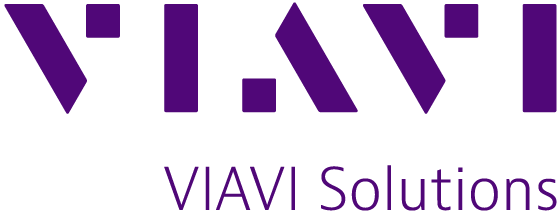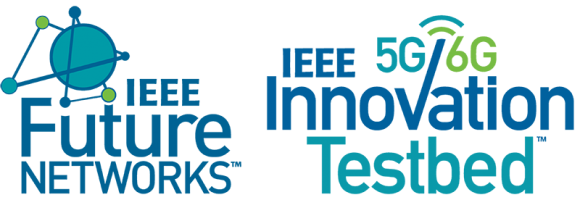Scope
Large language models (LLMs) have spearheaded a new era marked by sophisticated text generation, advanced comprehension, and dynamic interaction. The evolutionary path of LLMs originates from the early stages of machine learning (ML) and natural language processing (NLP), characterized by the emergence of statistical language models and the gradual evolution of neural networks. Yet, the true transformation came through deep learning (DL) breakthroughs, particularly the rise of transformer architectures. These innovations have paved the way for the birth of language models with an unprecedented ability to process and generate extensive volumes of comprehensive textual content. Among these remarkable strides, OpenAI's generative pre-trained Transformer (GPT) series has emerged as a beacon, outshining its predecessors in both scale and capability. This ascent has empowered these models to achieve human-like language understanding and generation.
The profound linguistic comprehension capabilities of LLMs have reverberated across an array of domains, transcending traditional NLP applications such as machine translation and sentiment analysis. These models exhibit adaptability by leveraging domain-specific data to excel in tasks inherent to that domain. For example, within the realm of medicine, LLMs hold the potential to encode intricate clinical knowledge and provide invaluable support for medical decision-making processes. Similarly, the financial sector has harnessed LLMs to extract profound insights into market trends and fortify risk analysis.
While LLMs have undeniably demonstrated their prowess across diverse sectors, their integration into the telecommunications industry has been somewhat limited. However, this landscape is undergoing a gradual metamorphosis as researchers delve deeper into the potential of LLMs within this domain. Recent studies showcase LLMs as valuable assets, adept at manipulating and comprehending 3rd Generation Partnership Project (3GPP) specifications, resolving network anomalies, and even facilitating network modeling and optimization processes. Furthermore, LLMs have showcased their ability to catalyze intricate developments within wireless systems, particularly in the context of Field-Programmable Gate Arrays (FPGAs). A visionary perspective envisions a future where LLMs could play a significant role in advancing communication network technologies. This conceptual landscape harnesses the fusion of textual and visual data, with domain knowledge, enabling LLMs to potentially elevate network functionalities.
Given its promising applications, a fundamental query emerges regarding the immediate and future impact of LLMs on the telecommunications industry. With this workshop, our objective is to address this inquiry by offering a comprehensive overview of LLMs and their potential influence on the telecom industry. We seek to demystify their current capabilities, illuminate prevailing limitations, and present a spectrum of use cases within the telecom sector where LLMs can offer substantial support today. We attempt to delve into the technical challenges that surface during the implementation of these use cases and outline the research trajectories necessary to fully harness the transformative potential of LLMs.
With this objective in focus, our endeavor is to orchestrate the inaugural Workshop on "The impact of Large Language Models on 6G Networks". This gathering will unite academic scholars, industry professionals, and pioneering minds engaged in this evolving field of research, fostering the exchange of novel concepts, cutting-edge discoveries, and advancements at the forefront of knowledge.
---
We seek original completed and unpublished work not currently under review by any other journal/ magazine/conference. "Topics of interest include, but are not limited to:
- Foundations of Large Language Models (LLMs) in Wireless Communications
- Language Understanding and Generation for Wireless Networks
- Domain-Specific Adaptation of LLMs in Wireless Systems
- LLM explanaibility and assessment in Wireless Systems
- Telecom domain datasets for LLMs
- LLMs for Spectrum Management and Resource Allocation
- Network Anomaly Detection and Security with LLMs
- Beamforming and Localization with LLMs
- LLMs for Network Management and Optimization
- Ethical and Social Considerations of LLMs in Wireless Communications
- LLM energy consumption and potential savings for Wireless Communications
- Interdisciplinary Collaborations: LLMs and Wireless Technology Experts
- Real-world Implementations and Case Studies
- Future Trends and Industry Impact
Workshop Web Page:
https://sites.google.com/view/llmonet-2024
Important Dates
- Workshop Paper Submission Deadline:
20 January 2024 - Paper Acceptance Notification:
6 March 2024 - Camera Ready:
15 March 2024 - Accepted Author Registration Deadline:
15 March 2024
Submission Link
https://ws33icc2024workshop-llm6g.edas.info/
Workshop Chairs
- David López-Pérez (Universitat Politecnica de Valencia)
- Antonio de Domenico (Huawei Paris Research Center)
- Nicola Piovesan (Huawei Paris Research Center)
- Merouane Debbah (Khalifa University of Science and Technology)















